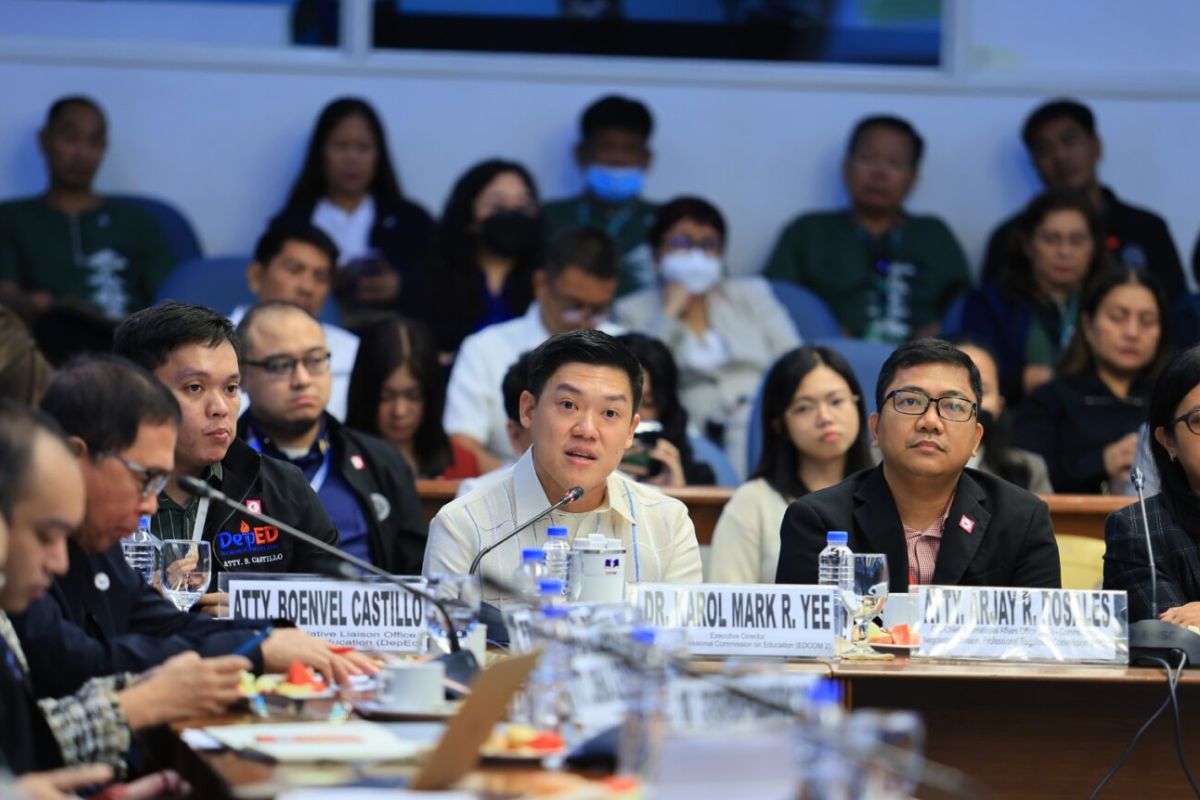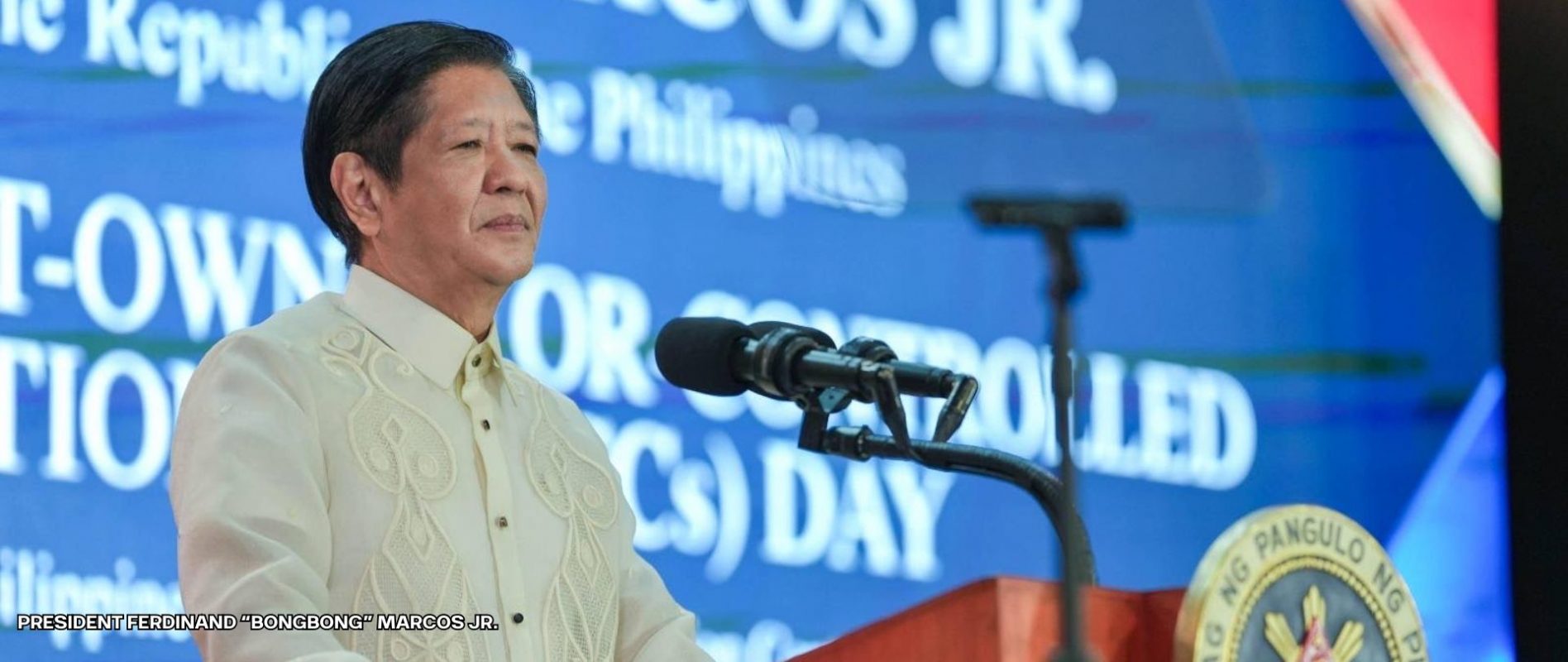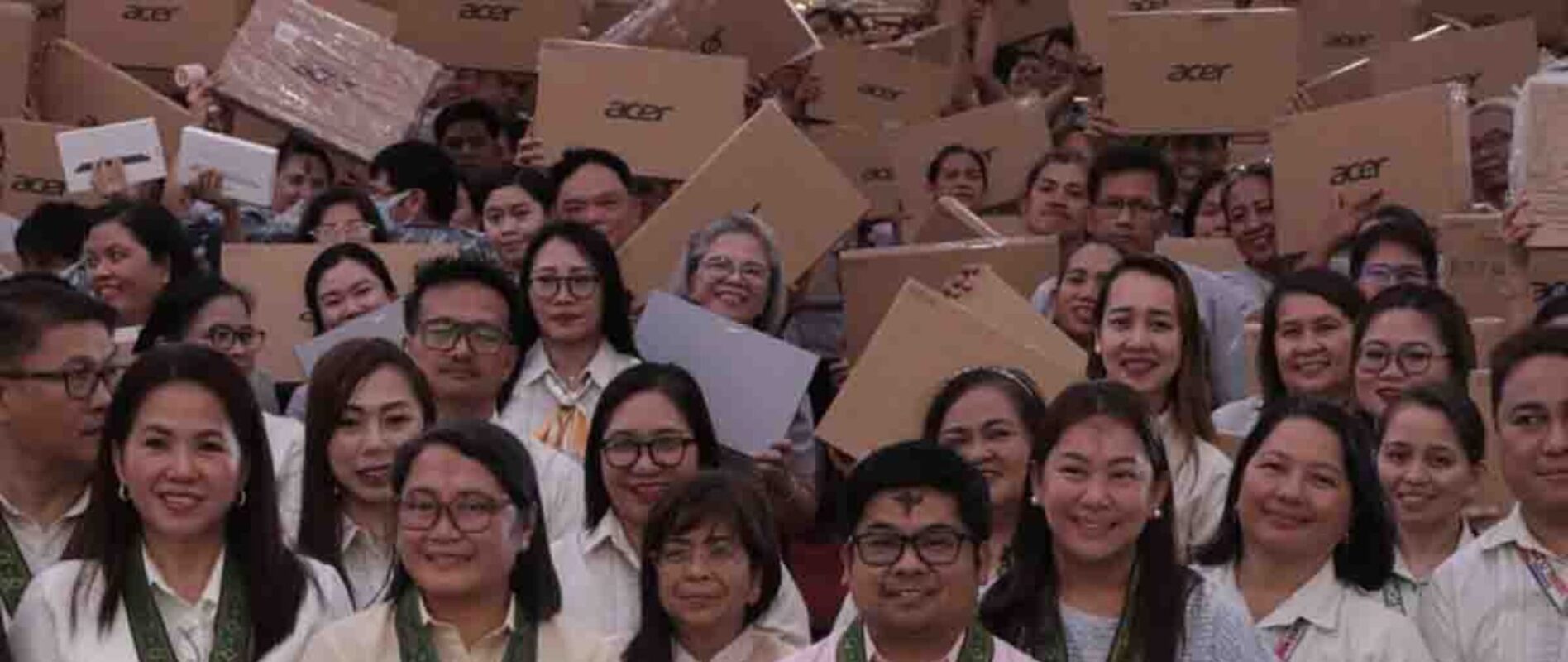EDCOM 2 STRESSES NEED TO ALLOW FOREIGN OWNERSHIP OF HEIs TO PROMOTE INTERNATIONALIZATION OF EDUC SYSTEM
THE Second Congressional Commission on Education or EDCOM 2 on Tuesday emphasized that amending the 1987 Constitution to allow foreign ownership of higher education institutions is only the first step to promoting internationalization in the Philippine education system.
In a hearing of the Senate Subcommittee on Constitutional Amendments and Revision of Codes, EDCOM 2 Executive Director Dr. Karol Mark Yee presented a comparative study of foreign ownership policies of educational institutions in ASEAN and considerations that the government must take into account.
Initial analysis of policies in ASEAN shows that the Philippines is one of the strictest in terms of foreign ownership of educational institutions, both basic and higher education.
“Based on our research, within ASEAN, only the Philippines has foreign ownership, establishment, and enrollment restrictions stipulated in the Constitution, whereas other countries only indicate this via legislation,” Yee said.
“Allowing foreign ownership is just the first step. Even in Singapore and Malaysia, they rolled out government incentives to encourage the establishment of international institutions,” he added.
He likewise noted that this will require a review of immigration and visa requirements, labor laws, professional regulatory restrictions
In Malaysia, international non-profit schools enjoy 100% income tax exemption, whereas private schools, although less, still enjoy income tax relief at 70%.
In Vietnam, international schools have corporate income tax exemption for 4 years and a 50% reduction of tax payable for the next 5 years.
“We will also need to review government regulations in a way that enables quality institutions to thrive. Challenges of overregulation and complementarity should also be considered as we proceed in our discussion on internationalization, specific to higher education”, Yee said.
Dr. Yee explained that the presentation was an initial analysis of EDCOM 2’s findings and did not reflect the position of the Commission.
Internationalization of higher education and improving research productivity are part of the EDCOM priorities under higher education for Year 2 and will conduct its consultations this year on these two issues.














